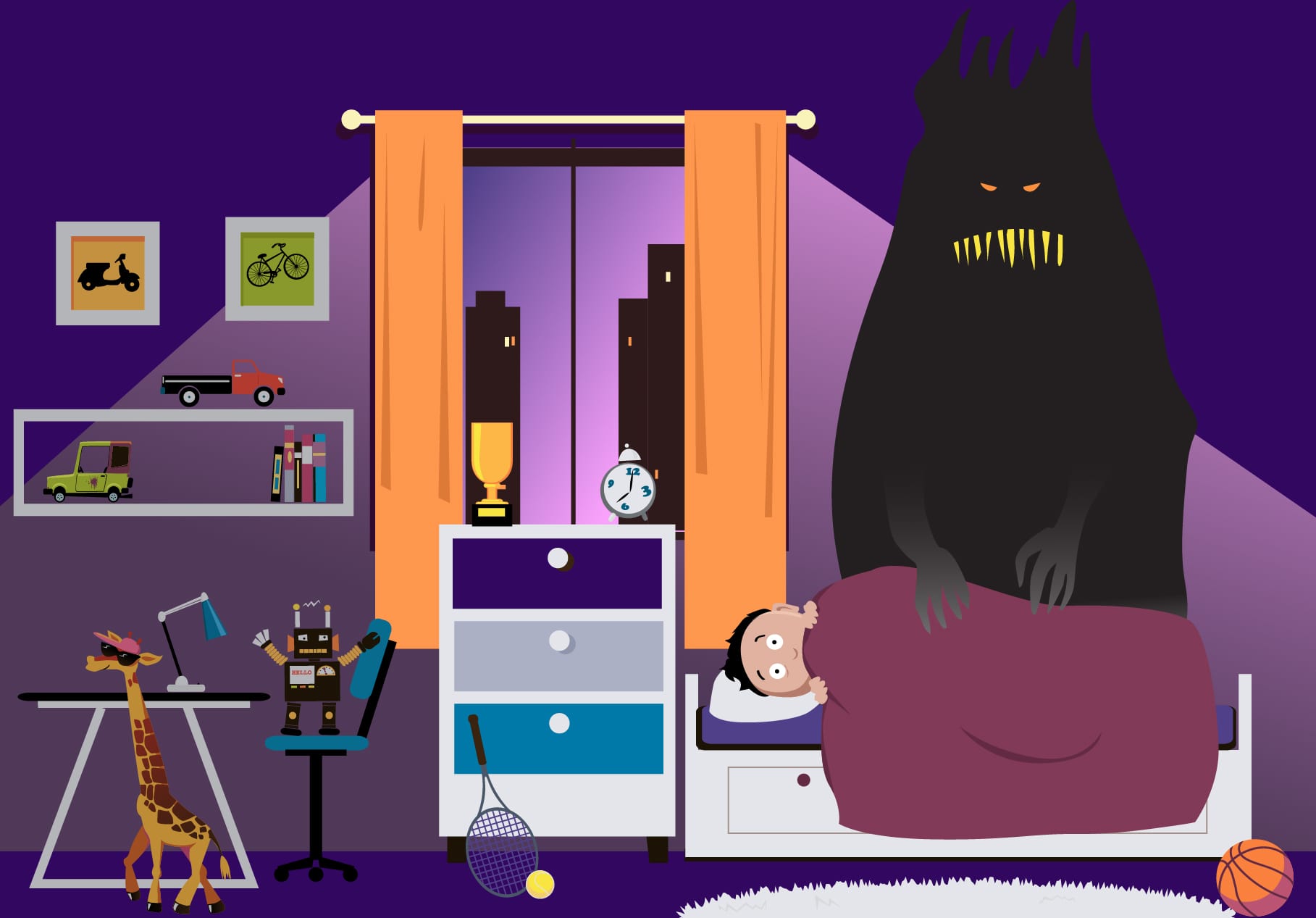
Sleep Issues in Children With Autism (ASD)
Children with autism spectrum disorder (ASD) have a higher incidence of sleep disturbances compared to children who don’t have ASD. According to the Centers for Disease Control (CDC), 50 to 80 percent of children with ASD have sleep problems that include the following:
- Difficulty falling asleep
- Restlessness or erratic sleep patterns
- Waking up early in the morning
- Snoring
- Sleep parasomnias such as sleepwalking, nightmares, and night terrors
The quality of the child’s sleep is important to address because of its impact on overall functioning. A child who doesn’t get enough sleep will often be moody and irritable and have difficulty learning and paying attention. Moreover, the child’s restless sleep patterns can affect the sleep patterns of everyone else in the household and impact their quality of life as well.
“American Academy of Pediatrics recommends that school-age children get at least 9 hours of sleep a night and teenagers get 8 to 10 hours, it is also known that some children with ASD have a lower sleep requirement.”
Sleep Hygiene
Relaxing bedtime routines and a regular sleep schedule are important for children with ASD. While the American Academy of Pediatrics recommends that school-age children get at least 9 hours of sleep a night and teenagers get 8 to 10 hours, it is also known that some children with ASD have a lower sleep requirement. Parents can chart the child’s day-to-day sleeping patterns to get a better idea of the child’s sleep history, and determine with their doctor if medical intervention is needed.
Tips to help children with ASD get better sleep include the following:
- Minimize distractions. Consider using a “white noise” or sound machine to block disruptive sounds. Calming music, a weighted blanket, blackout curtains, a fan, or a starry sky projector are ideas to try.
- Try a positive bedtime routine. This could be reading a story with the child or listening to a lullaby before bed. Try to limit the routine to no more than 20 minutes.
- Limit the use of electronics at least an hour before bedtime. Computer games and other activities on screens can be overstimulating for children with ASD.
- Have your child take a relaxing, warm bath or shower before bedtime.
Harsha Autism Centers provide ongoing care for children, adolescents, and young adults (ages 2-22) with autism to improve the quality of their lives. If you would like learn more about how Harsha Autism Centers can help please contact us at info@harshaautism.com or call (812) 233-8833.



